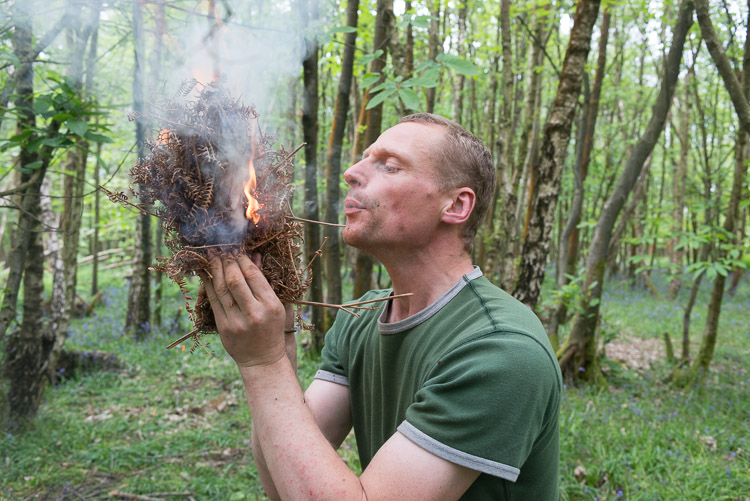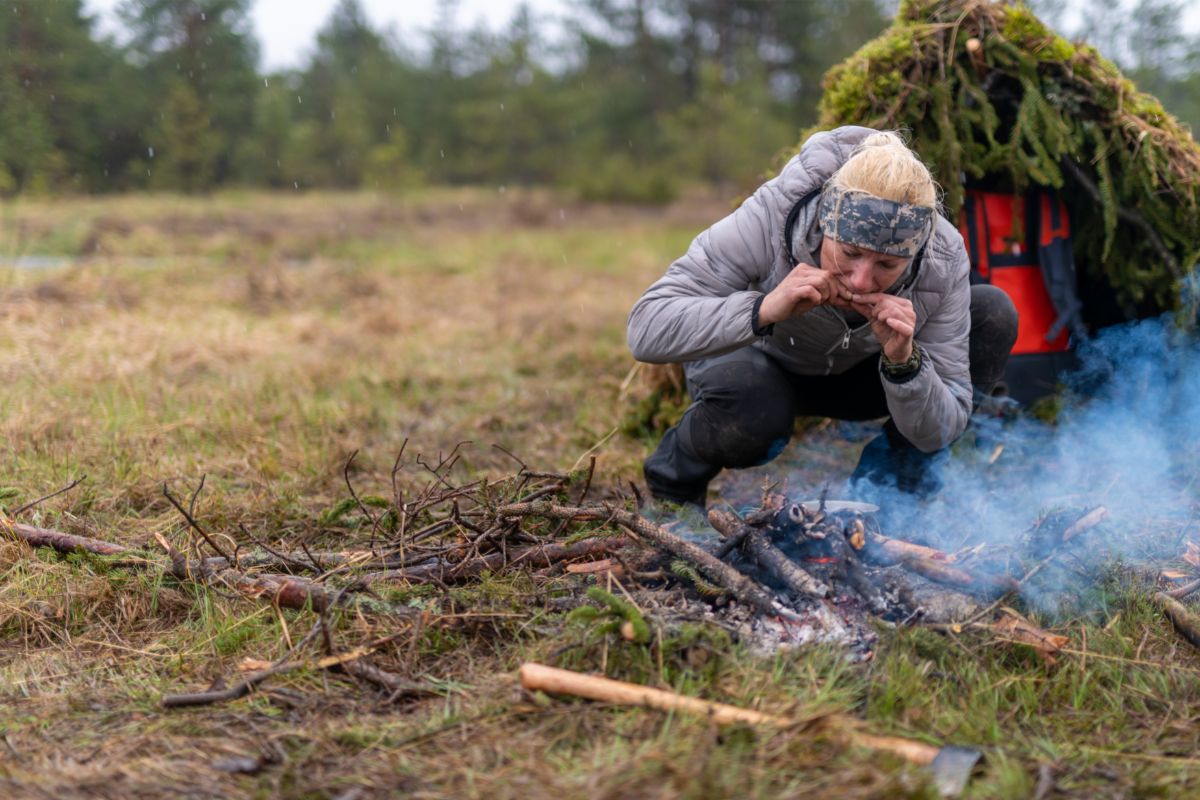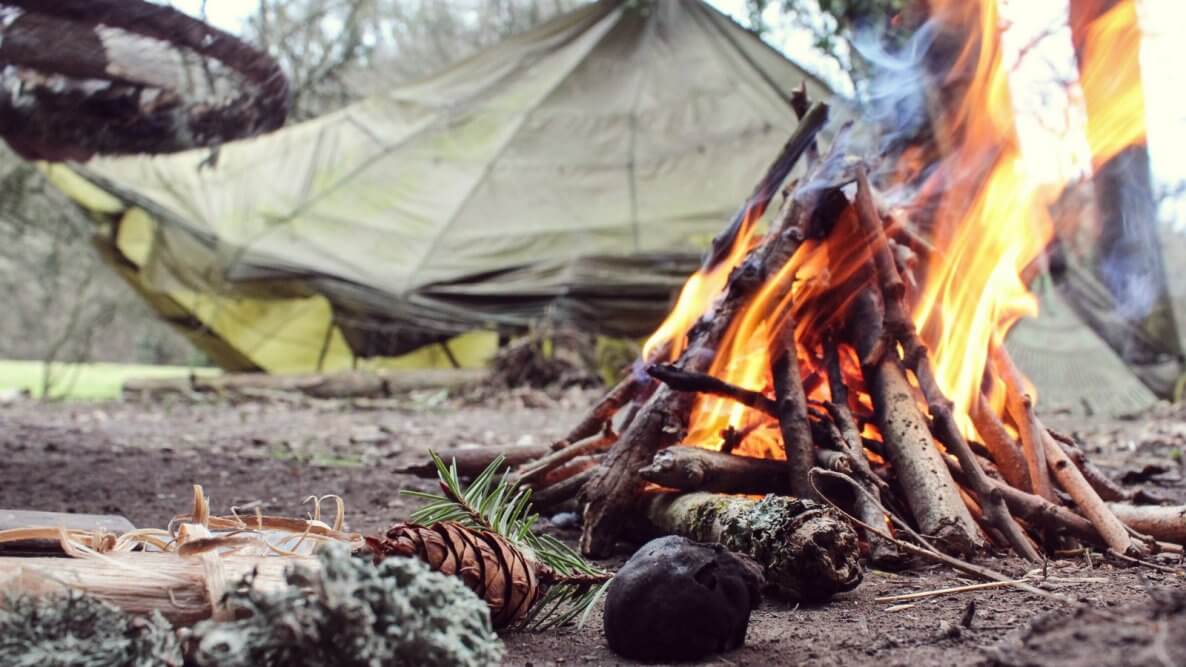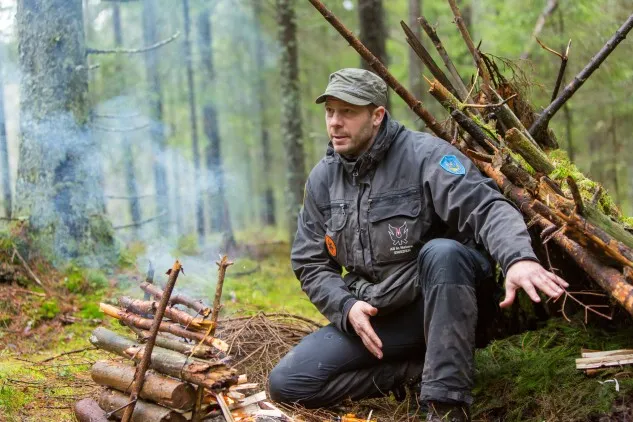Let's peel back the layers of our psyche to uncover Survival Psychology: the linchpin in developing the mindset crucial for overcoming the most challenging of circumstances. Let's explore how our brain, psychology, and human nature play pivotal roles in our ability to adapt, endure, and conquer.
The Bedrock of Survival Psychology
Survival psychology isn't just a fancy term for staying positive; it's the tapestry of psychological mechanisms that we, as human beings, exhibit when faced with extraordinarily harsh conditions. Understanding it can lead to remarkable improvements in our survival skills. But how? Let's dissect this further.
Key Psychological Factors in Survival Situations
Stress Response: Our body's reaction to a life-threatening situation can either make us freeze, flee, or fight.
Resilience: The ability to bounce back from adversity is a game-changer in a survival setting.
Fear and Stress Management: Learning to control these emotions can prevent us from spiraling into panic.
Into The Wilderness: Survival Mentality in Action
When thrust into the wilderness, the primal part of our brain takes over. It's here where situational awareness becomes your most trusted survival skill. Your ability to accurately assess your environment is akin to having a superpower in any survival situation, be it a disaster survival scenario or a wilderness expedition gone awry. Drawing from my wilderness survival expertise, I'll guide you through optimizing your mental framework for these challenges.

The Synergy of Mind and Skill
Possessing a survival mindset is more than acknowledging your situation; it's about intertwining your psychological fortitude with physical prowess. Here are the essential elements:
Developing a Survival Skill Set: Beyond mental resilience, having hands-on skills like fire-starting and shelter-building are crucial. Delve into the best fire-starting methods to ensure you're always prepared.
Stress Hormone Regulation: Understand how chronic stress affects your body and practice techniques to manage it effectively.
Sleep Deprivation Mitigation: Learn how to function optimally even when sleep is a luxury.
The Psychological Consequences of Surviving Under Stress
Surviving in survival mode is akin to running a marathon with no finish line in sight. The psychological consequences are profound:
Compulsive Reading: Your brain's working memory is significantly impacted during stressful situations.
Deprivation: Basic needs become a luxury, and how you adapt psychologically can mean the difference between succumbing and surviving.
Positive Psychology in the Face of Adversity
It may sound counterintuitive, but embracing positive psychology in the midst of challenging circumstances is not just about maintaining a hopeful outlook. It involves:
Reframing the Situation: Recognizing your questionable ability not as a deficit but as a challenge to overcome.
Drawing from Invaluable Knowledge: Tales of survivors like Joe Simpson provide a template for survival behaviour we can all learn from.

The Role of Chronic Stress in Shaping Survival Behaviour
In our exploration of survival psychology, we must pay close attention to the profound influence of chronic stress on human survival. Persistent stress is not just a mental health concern; it has far-reaching effects on our physical well-being, influencing our ability to think clearly and react in life-threatening situations. Crafting strategies to manage and mitigate chronic stress is essential, not just for survivalists but for anyone facing adversity in their lives.
Understanding the Impact of Chronic Stress:
Altered Stress Response: Excessive exposure to stress hormones can desensitize your body's natural stress response, potentially leading to a delayed reaction in critical moments.
Compromised Mental Functions: Chronic stress can impair cognitive abilities, affecting your judgment and decision-making skills when they matter most.
Building a Resilient Mind Through Ancient Wisdom and Modern Techniques
Ancient military strategies and psychological mechanisms have stood the test of time, offering us a roadmap to developing the resilience necessary for survival in demanding conditions. These principles, combined with modern positive psychology techniques, are the bedrock of an effective survival mindset.
Strategies for Enhancing Resilience:
Learn from the Ancients: Incorporate time-tested tactics into your survival training. They knew the importance of maintaining a clear mind and a determined spirit in the face of adversity.
Embrace Modern Methods: Techniques like mindfulness and cognitive-behavioral approaches can help regulate emotions and bolster psychological resilience.

Enhancing Situational Awareness for Optimal Survival Outcomes
Situational awareness is one of those survival skills that can mean the difference between being a survivor and becoming a casualty. In any survival setting, perceiving and understanding environmental and situational cues are vital in making strategic decisions.
Tips for Heightening Situational Awareness:
Mindful Observation: Regularly practice scanning your environment for changes, potential threats, and resources.
Mental Rehearsals: Visualize various scenarios and your responses to them, which can help prepare your mind for real-world applications.
From Stress to Resilience: The Role of Sleep and Mental Health
Ignoring the psychological consequences of sleep deprivation can lead to a questionable ability to operate effectively under stress. Sustaining mental health through adequate rest is a key component of survival behaviour, especially in situations where physical and mental challenges are ever-present.
Ways to Improve Sleep and Mental Well-being:
Establishing Sleep Hygiene: Even in challenging circumstances, strive to create routines and environments conducive to rest.
Prioritizing Mental Health: Engage in practices like journaling or talking with a trusted individual to process experiences and emotions.

The Interplay of Human Nature and Survival
Human nature dictates that we are inherently wired for survival. However, this instinct can be enhanced or hindered by our mindset and the conditions we encounter. Understanding the psychological underpinnings of our nature allows us to tailor our approach to survival, moulding our instinctive reactions to serve us better when facing adversity.
Leveraging Human Nature for Survival:
Recognizing Instinctive Reactions: Use the inherent fight, flight, or freeze responses to your advantage by recognizing when each is appropriate.
Cultivating Adaptive Behaviours: Learn to quickly adapt to changing circumstances, drawing on the flexibility ingrained in human nature.
Final Thoughts: The Survivor's Mindset
Your journey through the psychological aspects of survival doesn't end here. Like the ancient military experts and survivalists that came before us, the continuous pursuit of knowledge and training is what refines our survival mentality. Remember, the line between a stressful situation and a life-threatening one is thin, but with the right mindset and skill set, you are more than capable of crossing it unscathed.
Remember, more resources and knowledge are just a click away, including detailed insights on essential wilderness survival skills that could prove indispensable on your journey. Stay curious, stay prepared, and most importantly, stay psychologically strong.
Until next time, keep honing your skills, your mind, and your survival psychology. Stay safe out there!
